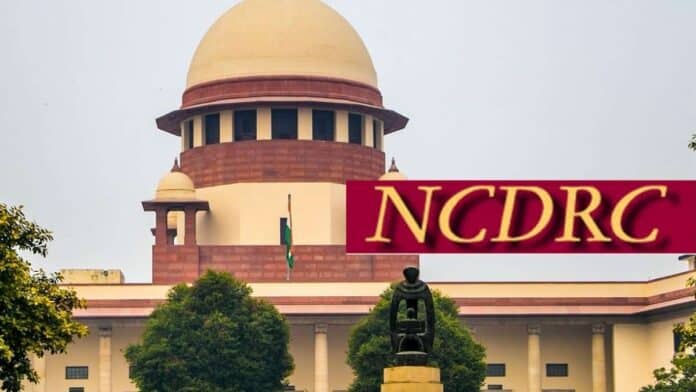The Supreme Court, in a significant ruling, set aside the order of the National Consumer Disputes Redressal Commission (NCDRC), which had found Dr. Neeraj Sud and the Post Graduate Institute of Medical Education & Research (PGI), Chandigarh, guilty of medical negligence. The bench comprising Justice Pamidighantam Sri Narasimha and Justice Pankaj Mithal ruled that the
To Read More Please Subscribe to VIP Membership for Unlimited Access to All the Articles, Download Available Copies of Judgments/Order, Acess to Central/State Bare Acts, Advertisement Free Content, Access to More than 4000 Legal Drafts( Readymade Editable Formats of Suits, Petitions, Writs, Legal Notices, Divorce Petitions, 138 Notices, Bail Applications etc.) in Hindi and English.




